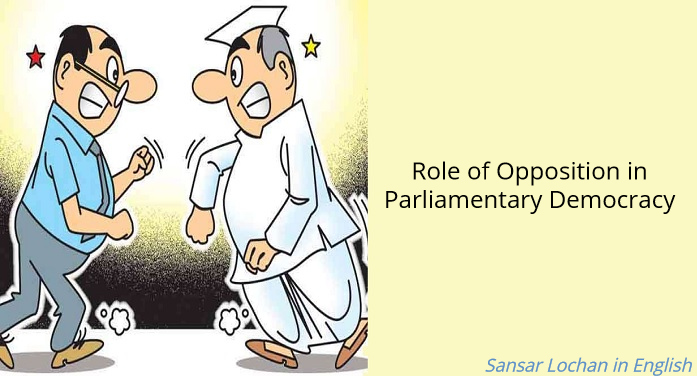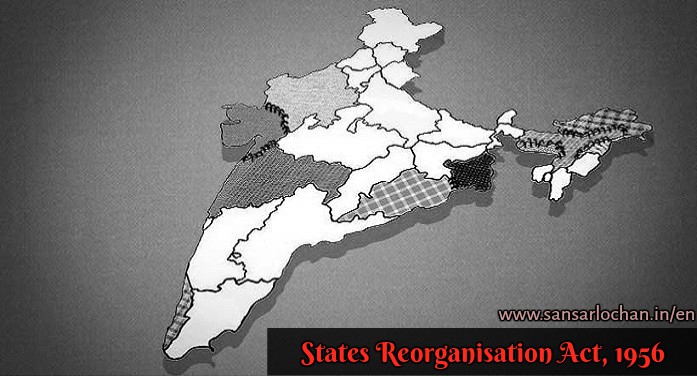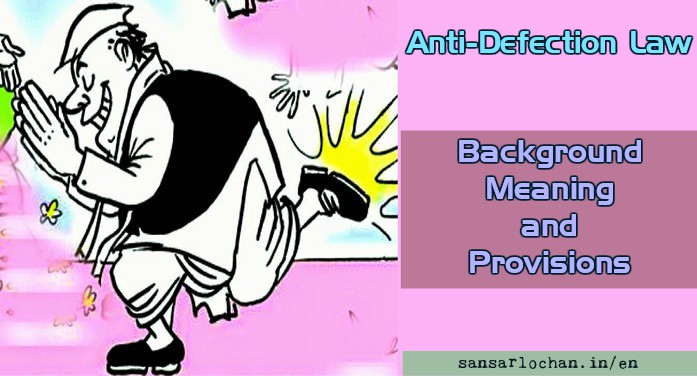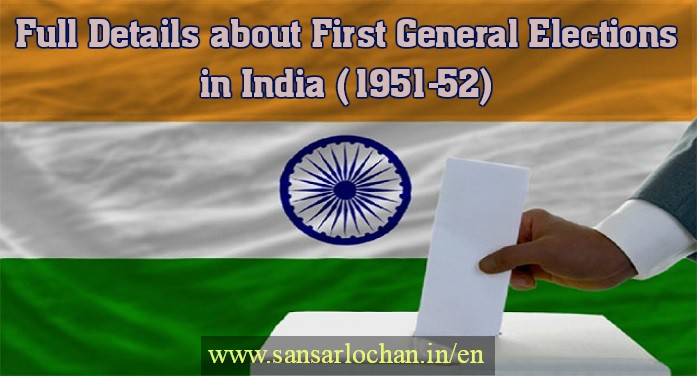Why in News? : The Deputy Chief Minister of Delhi had filed a bail plea in the Supreme Court in relation to the excise policy case. However, the plea was rejected by the court as the Deputy CM had not exhausted all legal remedies available to him. Instead of seeking a remedy in the High Court under Section 482 of … Read More
The Nature and Significance of Writs in India with Examples
Article 32 and 226 of the Indian Constitution provide for Right to Constitutional Remedies, for the enforcement of fundamental rights, which has been regarded as ― “Heart and Soul” of Indian Constitution by Dr. B.R. Ambedkar. It is done by the higher judiciary through five kinds of writs. Types of writs The types and nature of writs are given below … Read More
Role of Opposition in Parliamentary Democracy – Shadow Cabinet Explained
In a democracy such as India the ruling parties or coalitions often do not represent absolute majority of voters and this means that a large number of voters have reposed trust in what constitutes the opposition upon the completion of election process. Thus, the onus of aggregating and articulating the view of people is equally a responsibility of the opposition … Read More
A Brief Background of Government of India Act 1935
Govt. of India Act 1935 Today we will discuss a brief background of Government of India Act 1935 and will try to know how this act developed over a long time. Background The Reforms of 1919 failed to fulfill the aspirations of the people of India. The Congress under the leadership of Mahatma Gandhi started for “Swaraj” to be attained through … Read More
States Reorganisation Act, 1956 : Rationale and Features
Due to accession of Princely States and due to the then haphazard forms of British India territories, need was felt later to re-organise the entire country in a more reasonable and popularly acceptable states and union territories. In order to address this need, a State Reorganisation Committee was constituted in December 1953, with Justice Fazl Ali, K.M. Panikkar and Hridayanath … Read More
Anti-Defection Law : Background, Meaning and Provisions
What is Anti-Defection Law? Before defining anti-defection law, we should understand the meaning of defection. When an elected representative joins another party without resigning his present party for benefits, it is called defection. Thus a defector is one who is elected from one party and enjoys power in another party. The word defection is also called as “Floor Crossing” in … Read More
Full Details about First General Elections in India (1951-52)
First General Elections in India (1951-52) India became a Sovereign Democratic Republic with the adoption of Constitution on 26th January, 1950. General elections to the first Lok Sabha as well as state assemblies were held from October 1951 to February 1952, on the basis of universal adult franchise. Thus India, with a far greater population than that of the USA, … Read More
86th Constitutional Amendment : Free and Compulsory Education
Article 45 envisages states to provide free and compulsory education. It was not implemented properly. Hence, through 86th constitutional amendment it is made compulsory. The Parliament of India passed the 86th constitutional amendment act in 2002. Accordingly 21A is inserted in the constitution which aimed at making right to education a fundamental right for children between 6 to 14 years … Read More
Reservation System and Related Articles in our Constitution
As a result of caste based inequality the worst hit are the Schedule Castes (SC), Schedule Tribe (ST) and the other Backward Classes (OBC). In order to bring them to the mainstream, the makers of the Indian Constitution included certain provisions in parts III, IV and XVI of the Constitution. Article 15, 16, 17 and 46 contain revolutionary provisions for … Read More
Details about Lokayukta and its Powers and Functions
The first Administrative Reforms Commission headed by Mr. Morarjee Desai recommended for Sweden based Ombudsmen type of institution. Accordingly the center can have Lokpal and states can have Lokayukta. Though the institution of Lokayukta was introduced for the first time in Odisha but it was not able to implement it. Maharashtra was the first state to implement in 1973. It investigates … Read More




